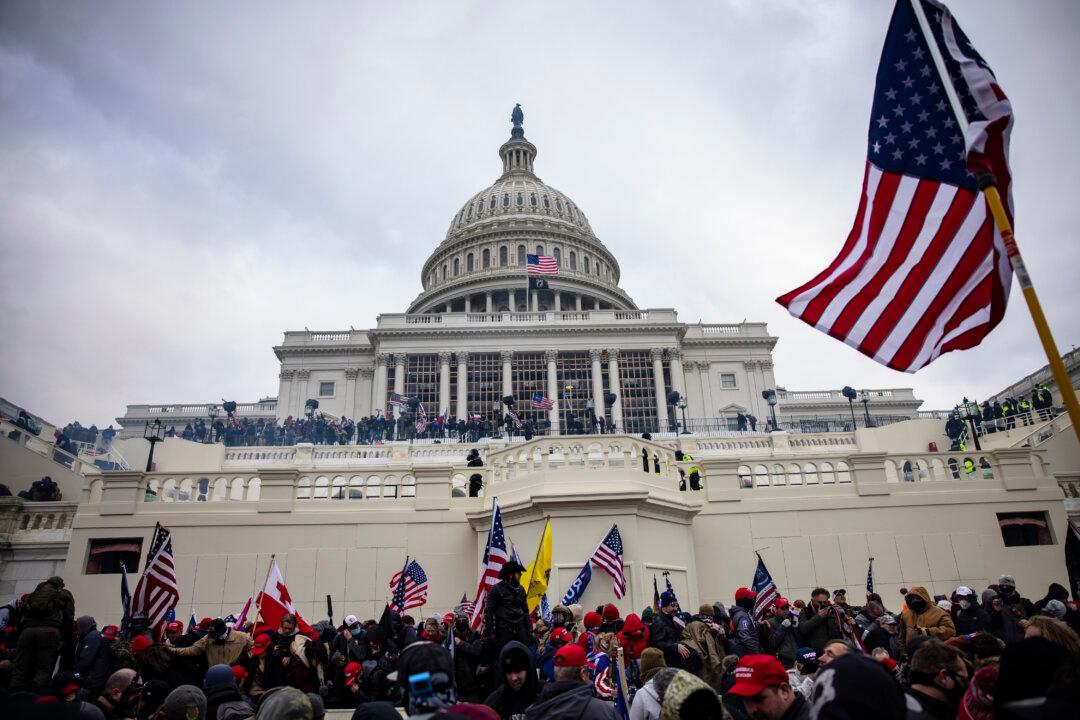President Donald Trump has ended his lawsuit against Twitter over the platform’s decision to ban him following the Jan. 6, 2021, breach of the U.S. Capitol.
In a notice filed on Feb. 7 with the U.S. Court of Appeals for the Ninth Circuit, legal teams for both sides requested that the court dismiss Trump’s pending appeal. The notice did not say whether Elon Musk, who acquired Twitter and rebranded it as X, had agreed to any terms to resolve the case.





